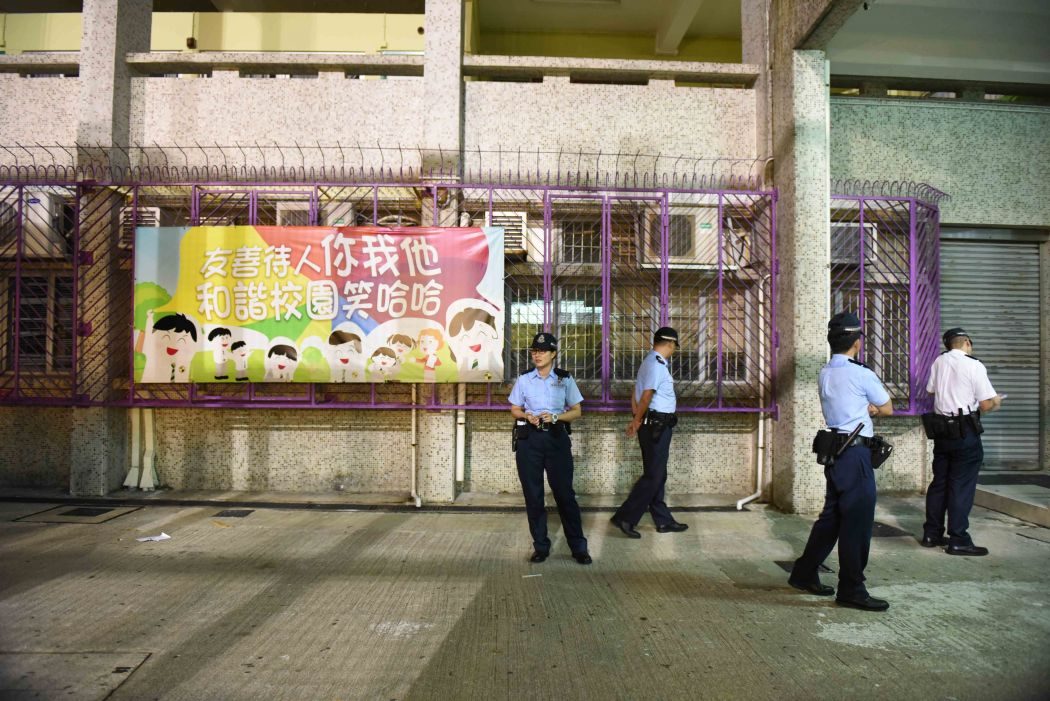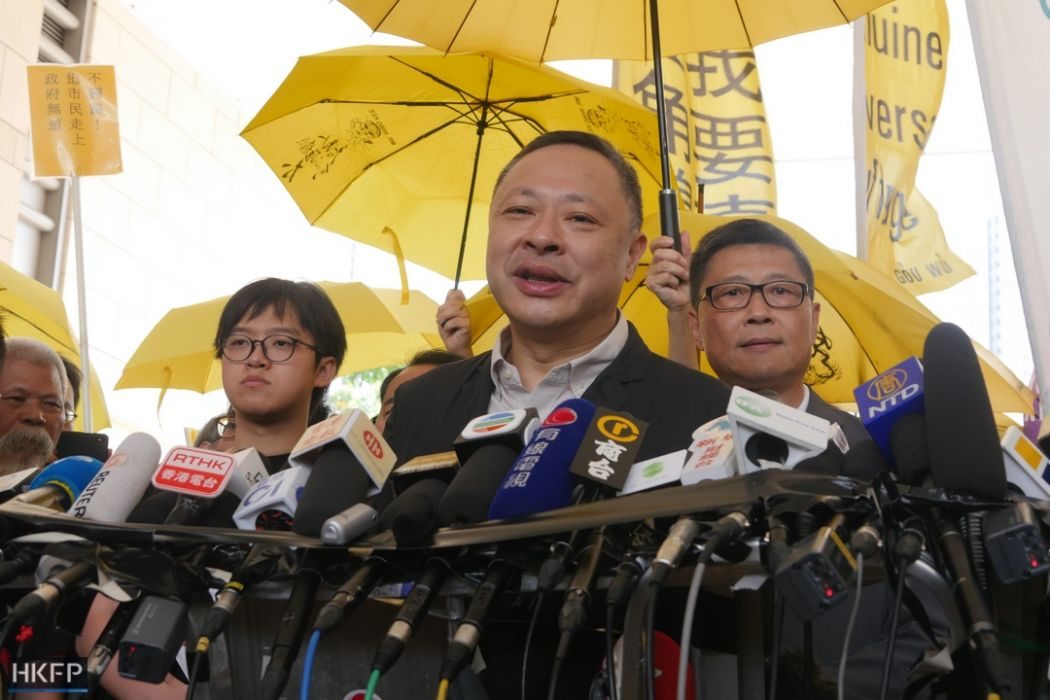By Sam Cheung Ho Sum
On Saturday and Sunday, democrats in Hong Kong are holding primaries for the first time ahead of the official Legislative Council (LegCo) election in September.
Although the primary election was intended for selecting the strongest candidates to run in the official election, Beijing’s escalating crackdown may render the latter a mere sham, meaning the primaries will be the last, fair election in which Hongkongers can freely choose candidates to represent them.

Voters will be faced with a choice on whether they want to walk the path to democracy, as two distinct approaches have emerged among primary candidates: whether to compromise with or resist Beijing.
Consolidating support
LegCo’s electoral system unfairly favours the pro-Beijing camp. For many years, despite having the support of the majority, democrats have suffered huge disadvantages against pro-Beijing parties’ powerful electoral machinery. The pro-democracy camp is also divided into many different parties, which split up support when candidates run in the same districts.

As a result, law professor Benny Tai – who co-founded the 2014 Occupy Central movement – and other activists have called for primary elections with the goal of overcoming the divide amongst pro-democracy candidates and join forces against a rigged system.
This weekend’s election takes the form of “open primaries,” open to all Hong Kong voters – with or without party affiliation. By selecting only candidates with the largest public support to enter the official election, resources and voters can focus on defeating pro-Beijing candidates.
The hope is to seize more than half of the legislative council seats (called “the 35+ plan”), giving pro-democracy legislators veto power to pressure the Hong Kong government into answering the five demands of last year’s protests.
Last free election
However, this plan to achieve a LegCo majority is unlikely to work in reality despite good intentions. The national security law, which was passed without the consultation of Hongkongers, has made clear Beijing’s plan to end One Country, Two Systems.

Outlawing the widely-embraced protest slogan “Liberate Hong Kong, Revolution of our time” and other draconian measures have emboldened the Hong Kong government into clamping down on dissenting voices.
While an “official” election may still occur to maintain a facade of democracy for the international community, the government will use all means to control the election outcome.
It will more aggressively bar pro-democracy candidates from running in elections and unseat elected representatives, as has been repeatedly done in the past. Therefore, international observers should understand the inherent flaws of the “official” election and shift their focus to the open primary elections, which allow all Hong Kong voters to speak out.
Voting on China strategy
The primaries are also significant as an indicator of Hongkongers’ preferences on the city’s strategy towards China. This is because candidates represent a wide spectrum of strategies.

Veteran politicians from “traditional” pro-democracy parties, typically referred to as “pan-democrats,” are known for often compromising with Beijing, in the hope that appeasement will allow for incremental advances towards democratic freedoms.
On the contrary, localists (including myself), who are a newer generation of advocates, see that years of compromise have led to nothing but more severe oppression, and believe in stronger acts of defiance to preserve Hong Kong’s autonomy and local culture.
This divide became evident in the imposition of the national security law. Some pan-democrats, such as veteran politician Emily Lau, stated that the Hong Kong legislature should make its own version of national security law rather than through Beijing’s imposition – a stance other localists and I can never agree on.

In fact, the pro-democracy supporters do not always identify with pan-democrats.
Unsurprisingly, Beijing’s political oppression has a history of targeting localists. In the 2016 LegCo election, the Hong Kong government requested candidates sign a form pledging to uphold the Basic Law.
Localist leader Edward Leung signed it but was nonetheless disqualified as the returning officer did not believe him. Candidates from the moderate pro-democracy parties, such as the Democratic Party and the Civic Party – who did not sign the confirmation form – were still allowed to run in the election.

If candidates representing different views on strategies towards China are disqualified from the September election, the primaries this weekend will be the only space for the public to determine which approach to take to achieve true democracy in Hong Kong.
Hongkongers’ way of life has been crumbling in recent years. I believe they have seen through the illusion of One Country, Two Systems and have strengthened their desire for freedom. The world should watch the primary election this weekend closely, as Hongkongers speak out with their unwavering determination to resist.
Politician Sam Cheung Ho Sum became a district councillor in 2019 and he will be running in the pro-democracy primaries for the Legislative Council election on 11 and 12 July. TranslateHK assisted Cheung in translating this op-ed.
